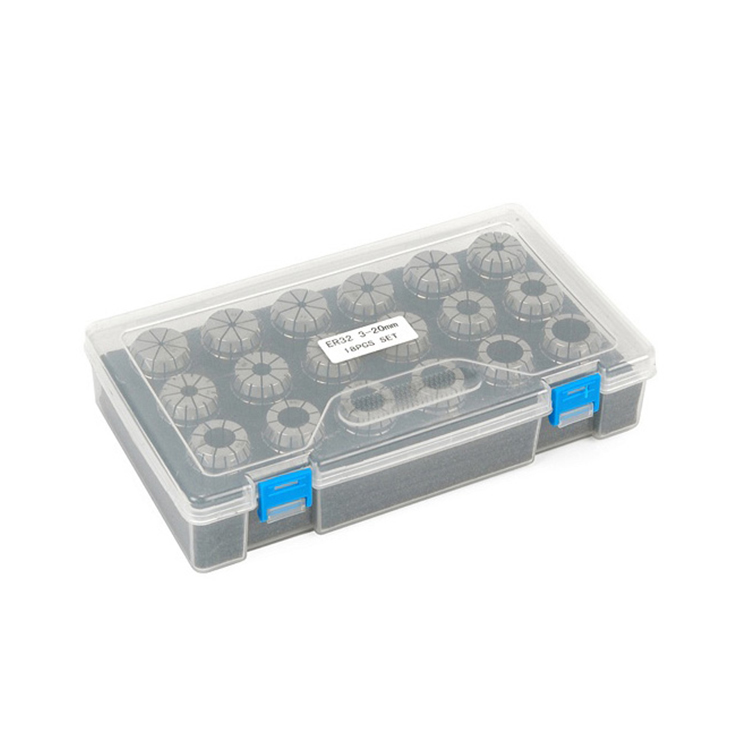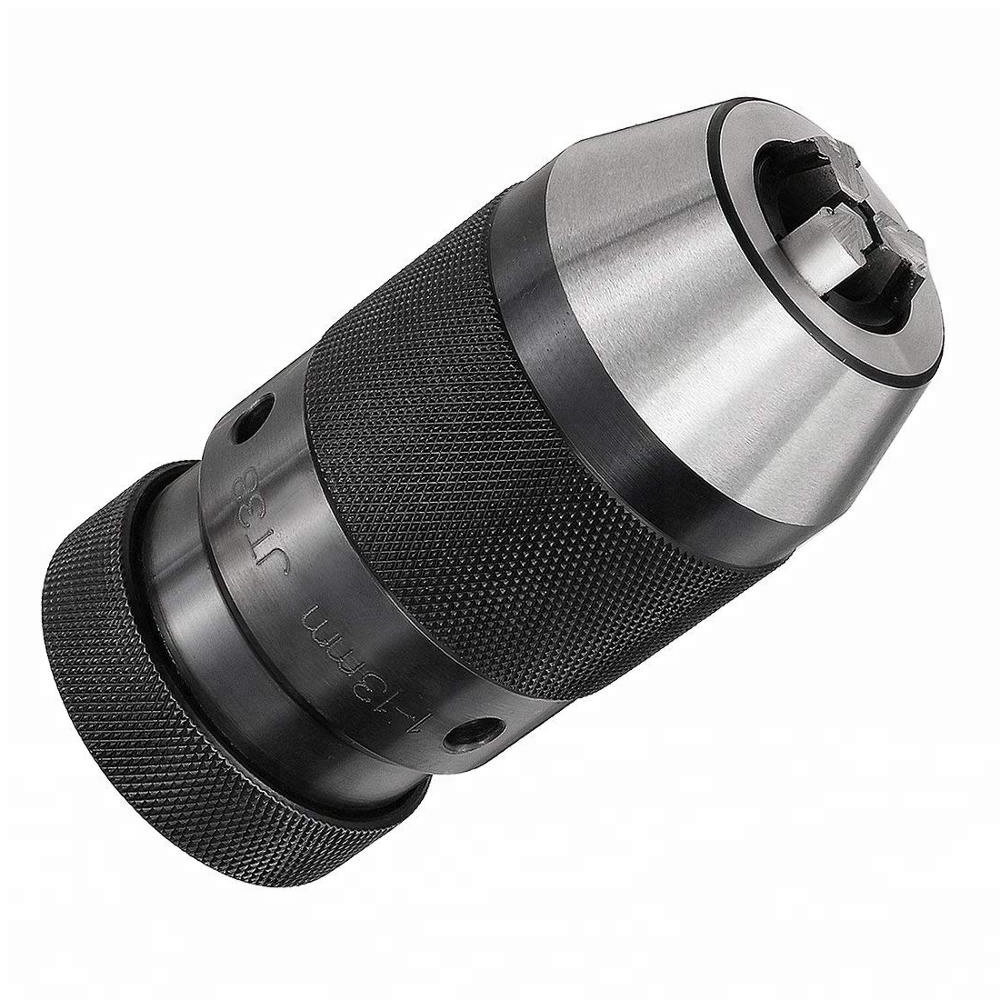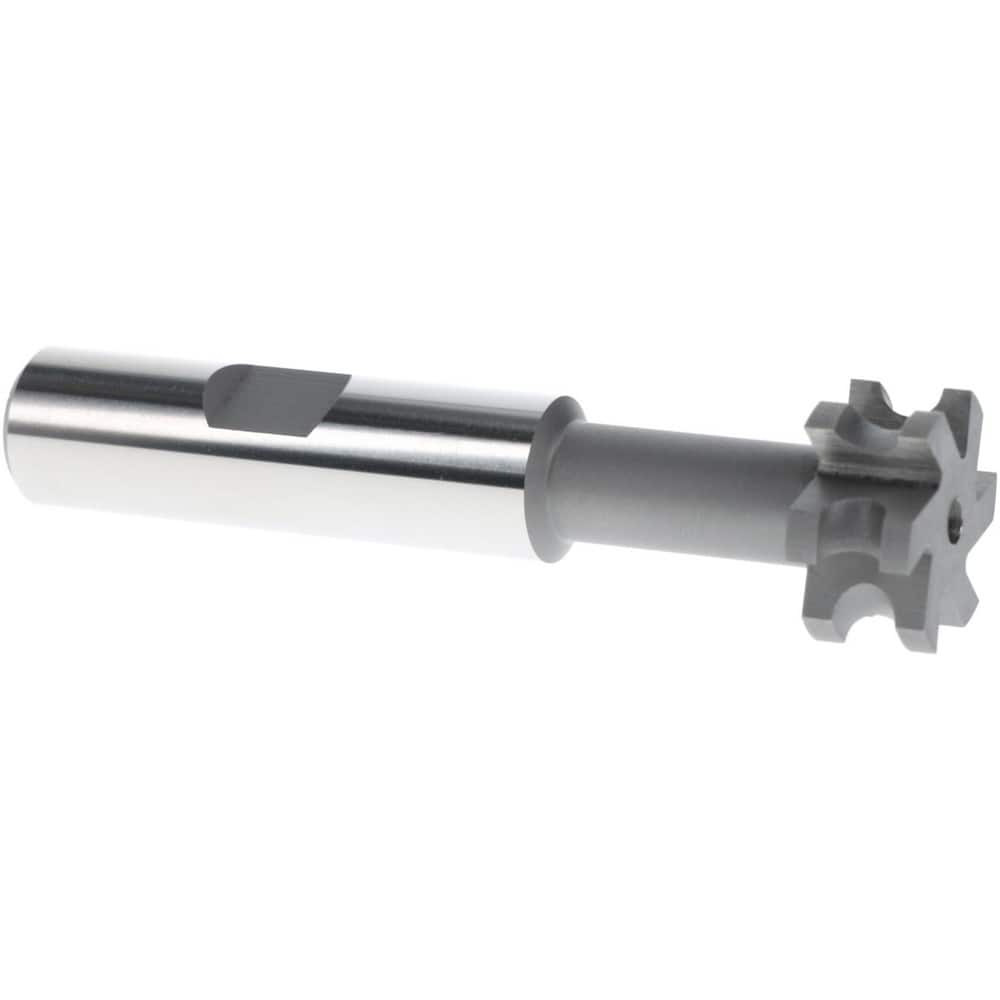step drill bit Manufacturer
A step drill bit, also known as a unibit, is a conical-shaped drill bit with stepped cutting edges. It's designed to drill multiple hole sizes with a single bit, making it versatile and efficient for various applications. This guide explores the key aspects of step drill bits, including their types, materials, applications, and how to choose the best manufacturer.
Understanding Step Drill Bits
What is a Step Drill Bit?
A step drill bit is a specialized type of drill bit designed to drill holes of different diameters incrementally. Instead of having a fixed diameter like a standard drill bit, a step drill bit features a series of steps, each with a slightly larger diameter than the previous one. This allows the user to create holes of varying sizes without needing to switch bits.
Advantages of Using Step Drill Bits
Step drill bits offer several advantages over traditional drill bits:
- Versatility: One bit can drill multiple hole sizes.
- Clean Holes: They produce cleaner, more accurate holes with less burr.
- Efficiency: Reduces the need to change bits frequently, saving time.
- Durability: Often made from high-speed steel (HSS) or cobalt, providing excellent wear resistance.
Types of Step Drill Bits
Step drill bits are available in various designs, each suited for specific materials and applications. Here are some common types:
- Standard Step Drill Bits: Suitable for drilling thin materials like sheet metal and plastics.
- Titanium-Coated Step Drill Bits: Offer increased wear resistance and can handle higher drilling speeds.
- Cobalt Step Drill Bits: Ideal for drilling hard materials like stainless steel and cast iron.
- Spiral Flute Step Drill Bits: Provide smoother cutting and better chip evacuation.
Choosing a Step Drill Bit Manufacturer
Factors to Consider
Selecting the right step drill bit manufacturer is crucial for ensuring quality, reliability, and performance. Here are some key factors to consider:
- Material Quality: The material used to manufacture the bit (HSS, cobalt, etc.) directly impacts its durability and cutting performance.
- Coating: Coatings like titanium nitride (TiN) or titanium aluminum nitride (TiAlN) enhance wear resistance and reduce friction.
- Precision: Accurate step sizing and concentricity are essential for creating precise holes.
- Customer Reviews: Feedback from other users can provide valuable insights into the manufacturer's reputation and product quality.
- Certifications: Look for manufacturers with ISO certifications, indicating adherence to quality management standards.
Top Step Drill Bit Manufacturers
While specific manufacturer recommendations can vary based on evolving market conditions and product availability, some well-regarded names in the industry generally include (but are not limited to):
- Irwin Tools
- Milwaukee Tool
- Bosch
- Viking Drill and Tool
- Greenlee
When evaluating manufacturers, consider requesting product specifications, test reports, and samples to assess their capabilities and quality control processes. Don't hesitate to contact Wayleading Tools, known for providing quality cutting tools, and ask about their range of drill bits and other tools to compare with options from other suppliers.
Applications of Step Drill Bits
Step drill bits are used in a wide range of applications, including:
- Electrical Work: Drilling holes for running wires and installing electrical boxes.
- HVAC: Creating holes for ductwork and piping.
- Automotive Repair: Drilling holes in sheet metal for bodywork and modifications.
- Metal Fabrication: Drilling precise holes in various metal materials.
- DIY Projects: Home improvement tasks that require drilling holes of different sizes.
Materials Suitable for Step Drill Bits
Step drill bits can be used on a variety of materials, depending on the bit's construction and coating. Common materials include:
- Sheet Metal: Steel, aluminum, and other thin metals.
- Plastics: PVC, acrylic, and other plastic materials.
- Wood: Softwoods and hardwoods.
- Stainless Steel: Requires cobalt or high-speed steel bits with appropriate lubrication.
- Copper: Easy to drill with standard HSS bits.
Step Drill Bit Maintenance and Care
Proper maintenance and care can extend the life of your step drill bits and ensure optimal performance:
- Cleaning: Remove debris and chips after each use.
- Lubrication: Use cutting oil or lubricant when drilling metal to reduce friction and heat.
- Sharpening: Sharpen dull bits to maintain cutting efficiency.
- Storage: Store bits in a protective case to prevent damage.
Troubleshooting Common Issues
Even with proper care, you may encounter some common issues when using step drill bits:
- Bit Slipping: Use a center punch to create a starting point.
- Chattering: Reduce drilling speed and apply more pressure.
- Burrs: Deburr the hole with a deburring tool or countersink.
- Overheating: Use cutting oil or lubricant and reduce drilling speed.
Step Drill Bit Safety Tips
When using step drill bits, always follow these safety tips:
- Wear safety glasses to protect your eyes from flying debris.
- Use gloves to protect your hands.
- Secure the workpiece to prevent movement during drilling.
- Use the correct drilling speed for the material being drilled.
- Avoid applying excessive pressure, which can damage the bit or workpiece.
Step Drill Bit vs. Hole Saw
While both step drill bits and hole saws are used to create holes, they have different applications. Step drill bits are better for drilling smaller holes in thin materials, while hole saws are designed for larger holes in thicker materials. Step drill bits generally produce cleaner holes and are more versatile for drilling multiple sizes. Hole saws, however, are typically less expensive for creating large diameter holes.
| Feature | Step Drill Bit | Hole Saw |
|---|---|---|
| Hole Size Range | Small to medium (typically up to 1-3/8') | Medium to large (typically 1' and larger) |
| Material Thickness | Thin materials (sheet metal, plastic) | Thick materials (wood, metal) |
| Hole Quality | Cleaner, more accurate holes | Can produce rough edges, requires deburring |
| Versatility | Drills multiple hole sizes with one bit | Requires a separate saw for each hole size |
| Cost | Higher initial cost | Lower initial cost (per individual saw) |
Conclusion
Choosing the right step drill bit manufacturer involves considering factors such as material quality, coating, precision, and customer reviews. By understanding the types of bits available, their applications, and how to maintain them, you can ensure optimal performance and longevity. Whether you're an electrician, HVAC technician, metal fabricator, or DIY enthusiast, a quality step drill bit is an essential tool for creating precise and efficient holes.
For quality tools that meet your specific needs, consider exploring the offerings from reputable suppliers like Wayleading Tools.
Related products
Related products
Best selling products
Best selling products-
 TCT Annular Cutters With Weldon Shank For Metal Cutting
TCT Annular Cutters With Weldon Shank For Metal Cutting -
 Electronic Digital Height Gauge From 300 to 2000mm
Electronic Digital Height Gauge From 300 to 2000mm -
 Digital Depth Gauge With Stainless Steel For Industrial Type
Digital Depth Gauge With Stainless Steel For Industrial Type -
 7pcs Carbide Turning Tool Set With Metric & Inch Size
7pcs Carbide Turning Tool Set With Metric & Inch Size -
 HSS Metric 4 Flute End Mills With Bright Or TiN And TiAlN Coated
HSS Metric 4 Flute End Mills With Bright Or TiN And TiAlN Coated -
 Precision Outside Micrometer Set With digit Counter Of Inch & Metric With Rachet Stop
Precision Outside Micrometer Set With digit Counter Of Inch & Metric With Rachet Stop -
 Precision Dial Caliper Of Double Shock-Proof For Industrial
Precision Dial Caliper Of Double Shock-Proof For Industrial -
 ER Collet Set With Hight Precision Milling
ER Collet Set With Hight Precision Milling -
 Keyless Drill Chuck With Heavy Duty Type
Keyless Drill Chuck With Heavy Duty Type -
 CCMT Turning Insert For Indexable Turning Tool Holder
CCMT Turning Insert For Indexable Turning Tool Holder -
 Round Die Wrench For Thread Cutting Tools
Round Die Wrench For Thread Cutting Tools -
 Straight Shank ER Collet Chuck Holders With Extending Rod
Straight Shank ER Collet Chuck Holders With Extending Rod










